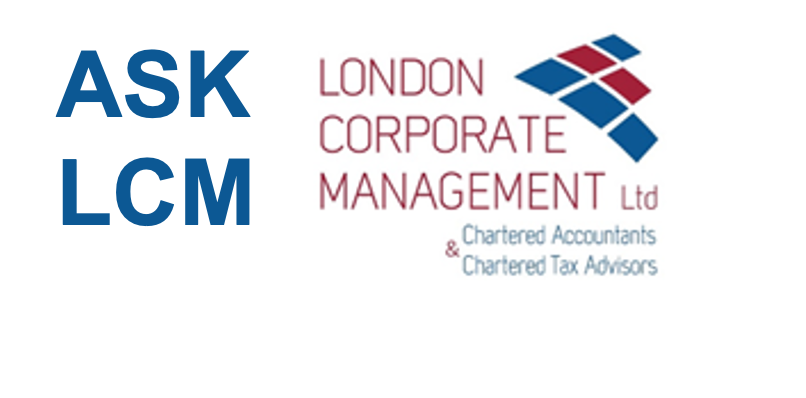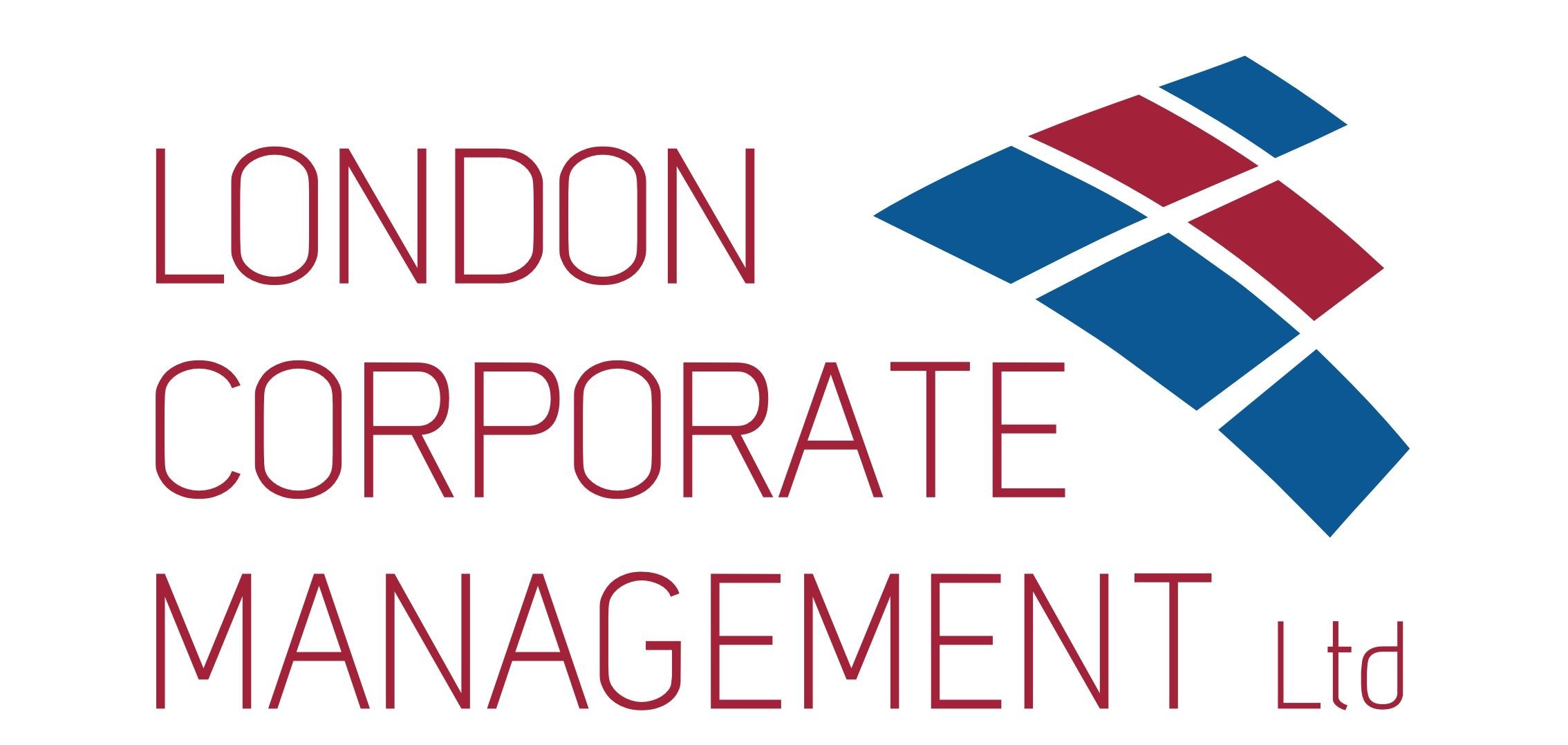VAT registration
In this weeks Ask LCM, we will be answering a question around VAT registration More specifically, “when do I need to register for VAT”?
Ask LCM is a space that we have put together where every week we answer one of your questions. We aim to keep the answers in short format so everyone has the time to read, learn and progress together.

What is VAT?
VAT is an enormous topic. Way too big to cover fully in this article. So we will only provide a short summary
VAT is an abbreviation for Value Added Tax.
Essentially is a sales tax, or a consumption tax that is added to the sale or consumption of most products and services sold by a VAT-registered business.
VAT is an EU concept and therefore generally applies to the sales of goods and services within the UK and EU.
However, sales of good or services outside the UK and EU generally do not attract VAT.
A VAT registered vendor will add VAT to their vatable net sales in order charge a gross sale. The consumer will pay the gross sales prices including any VAT.
VAT is a consumption tax because ultimately the cost of VAT is borne by the final consumer in the chain. Not the businesses in-between.
In the UK we have a few different rates of VAT:
Exempt from VAT – You are exempt and cannot charge or reclaim VAT.
Zero rated VAT – You charge VAT at 0% on this sale.
Reduced rate VAT charged at 5% – Usually for domestic utilities.
Standard rate VAT charged at 20% – For most goods and services sold by a VAT registered business.
VAT registration threshold
The current VAT threshold in the UK is £85,000.
This means that if your taxable supplies are greater than £85,000 your business must register for VAT.
A taxable supply is any supply which would attract VAT should the business be VAT registered.
A common misconception is that the VAT threshold is applied to the businesses financial year. Therefore, if the business had less than £85,000 of taxable supplies in its financial year, then it does not need to register for VAT.
However, this is not true.
On the contrary, the £85,000 threshold is applied to any 12 month period.
For example, a company’s financial year may run from 01 January 2022 to 31 December 2022. Taxable supplies in this period may be £80,000. However, if the taxable supplies from 01 May 2022 to 30 April 2023 are in excess of £85,000, the company must register for VAT.
An added complication is that you must register for VAT if you expect your turnover to exceed £85,000 within the next 30 days.
This may be the case for example if you have just accepted a big contract.
Thankfully VAT registration is quite simple and can usually be done online via the Gov.UK website. Click here to visit there now.
To register online you will need your government gateway details, or to create new details if you don’t have them already.
Voluntary VAT registration
However, if your taxable supplies are below the £85,000 threshold, you can still register for VAT voluntarily.
This could be very beneficial for your business as it means that you will be able to reclaim any VAT that the business has been charged.
This could reduce the cost of your expenses by 20%.
Furthermore, this could aid cashflow significantly as your business may be able to claim quarterly refunds from HMRC.
Voluntary registration is only available to businesses making taxable supplies. If your business only sells exempt goods or services, you cannot register for VAT.
VAT De-registration
The current VAT de-registration threshold is £83,000.
This means that if your taxable turnover falls below £83,000, you can ask HMRC to de-register your business from VAT.
However, this is only the case if you expect your taxable supplies to stay below the £83,000 threshold.
If you expect your taxable turnover to exceed £85,0000 again within 30 days, you should stay registered for VAT.
Depending on the type of business, it may be possible to register and de-register multiple times each year. However, this is likely to be cumbersome for most businesses and it will be easier to simply stay registered throughout.
We hope that you found this article useful. If you have any questions around VAT registration, please do get in touch
